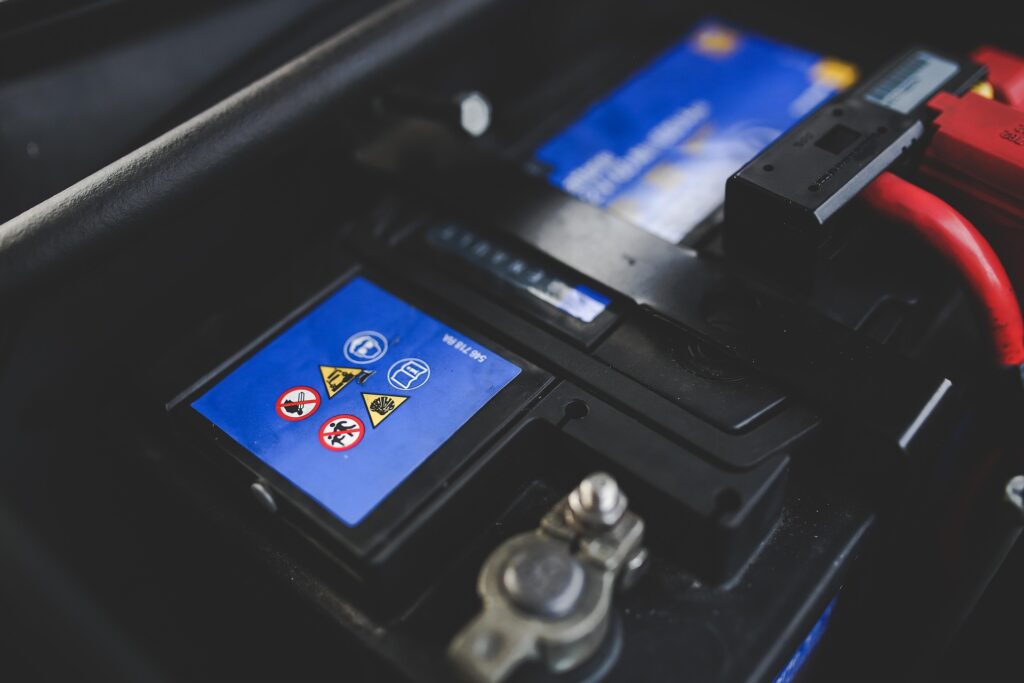Introduction
Artificial Intelligence (AI) has emerged as a powerful tool in the fight against cancer. Recent advancements, highlighted by Oracle CEO Safra Catz, suggest that AI could enable the development of personalized cancer vaccines within just 48 hours. This breakthrough is set to transform cancer treatment and bring hope to millions worldwide. But how does this work, and what makes it revolutionary?
In this blog, we explore how AI’s innovative technology is driving the rapid creation of personalized cancer vaccines, the role of Oracle’s cloud technology, and what this means for the future of healthcare.
What Are Personalized Cancer Vaccines?
Personalized cancer vaccines are tailored treatments designed to target specific mutations in a patient’s tumor. Unlike traditional therapies, which take a one-size-fits-all approach, these vaccines leverage the unique genetic profile of each patient to enhance efficacy and reduce side effects. This customization, therefore, promises a more effective response to cancer.
How They Work
- Genetic Analysis: Doctors collect a sample from the patient’s tumor and analyze its genetic makeup.
- AI Processing: AI rapidly scans the genetic data to identify unique mutations.
- Vaccine Design: AI algorithms predict the most effective vaccine components to trigger an immune response.
- Manufacturing: The personalized vaccine is produced and prepared for administration.
This streamlined process significantly reduces the time it takes to develop an effective treatment, offering patients a faster and more precise therapeutic option.
The Role of AI in Vaccine Development
Faster Data Analysis
One of the most time-consuming aspects of vaccine development is analyzing genetic data. Traditionally, this process could take weeks or months. AI, however, accelerates this by rapidly processing vast datasets, identifying tumor-specific mutations, and predicting the most effective vaccine components. Therefore, researchers can save valuable time.
Machine Learning and Predictive Models
AI systems use machine learning algorithms to predict how the immune system will respond to specific cancer antigens. As a result, researchers can design vaccines that are not only effective but also safe for individual patients.
Automation in Manufacturing
AI doesn’t stop at the design phase. It also automates the manufacturing process, ensuring that personalized vaccines are produced efficiently and with minimal human error. Consequently, this reduces both time and cost, making the treatment more accessible to a wider audience.
Oracle’s Role in This Breakthrough
Oracle’s cloud technology is at the forefront of this innovation. By providing the computational power needed to process massive datasets, Oracle enables researchers to harness AI effectively. Additionally, their cloud solutions offer security and scalability.
Key Features of Oracle Cloud in Healthcare:
- Scalability: Handles large volumes of genetic data efficiently.
- Speed: Reduces processing time from months to hours.
- Security: Ensures patient data remains private and compliant with regulations.
With these capabilities, Oracle is empowering healthcare providers to push the boundaries of personalized medicine and offer hope to more patients.
Why This Matters for Patients
Faster Treatment
For cancer patients, time is critical. The ability to develop a personalized vaccine within 48 hours means treatments can begin sooner, potentially improving outcomes and saving lives. Thus, AI accelerates the entire process.
Improved Efficacy
Because these vaccines are tailored to each patient’s unique tumor, they are more likely to succeed where traditional treatments might fail. As a result, patients gain a better chance at remission.
Reduced Side Effects
By targeting specific mutations, personalized vaccines minimize damage to healthy cells, reducing the often debilitating side effects associated with cancer treatment. Therefore, patients can maintain a better quality of life.
Challenges and Future Prospects
Challenges:
- High Costs: While AI reduces some expenses, the technology and expertise required can be costly. Therefore, affordability remains a challenge.
- Data Privacy: Handling sensitive patient data comes with significant security concerns. Consequently, robust security measures are crucial.
- Regulatory Hurdles: Personalized treatments must navigate complex approval processes. This often delays availability.
Future Prospects:
Despite these challenges, the future looks promising. As AI technology advances and becomes more affordable, we can expect to see wider adoption and improved accessibility. Additionally, ongoing research will continue to refine the efficacy of these vaccines, further revolutionizing cancer treatment.
Real-World Impact
AI-driven personalized vaccines have already shown promise in clinical trials. Consequently, researchers are optimistic that this approach will soon become a standard part of cancer care. The speed and precision offered by AI are not just improving outcomes but also giving hope to patients who previously had limited options.
Ethical Considerations
As with any AI-driven medical advancement, ethical concerns must be addressed. Ensuring equitable access to these life-saving treatments is critical. Policymakers, healthcare providers, and technology companies must work together to prevent disparities in who can benefit from these breakthroughs.
Furthermore, transparency in AI decision-making is crucial. Understanding how AI selects vaccine components can help build trust between patients and healthcare professionals, ultimately encouraging broader acceptance of this technology.
Conclusion
This revolutionary approach to cancer treatment is not just about technology; it’s about giving patients a new lease on life. By combining AI with advanced cloud computing, companies like Oracle are paving the way for a brighter, healthier future. While challenges remain, the promise of AI-driven personalized cancer vaccines brings hope to millions, transforming the landscape of oncology and redefining what is possible in modern medicine.
FAQs
Q: How does AI design personalized cancer vaccines?
A: AI analyzes a patient’s genetic data to identify tumor-specific mutations. It then uses predictive models to determine the most effective vaccine components. As a result, researchers can create highly targeted treatments.
Q: Why is Oracle involved in this process?
A: Oracle provides the cloud infrastructure needed to process large datasets quickly and securely, enabling AI to function effectively in healthcare applications. Thus, it plays a crucial role in this breakthrough.
Q: Are these vaccines already available?
A: While still in development, personalized cancer vaccines are showing promise in clinical trials and are expected to become more widely available in the near future. Therefore, patients should stay informed about advancements.
Q: What types of cancer can these vaccines treat?
A: Personalized vaccines are being researched for various cancers, including melanoma, lung, and breast cancer. Consequently, their potential applications continue to expand.
Q: How much will these vaccines cost?
A: Costs are currently high, but advancements in AI and automation are expected to reduce expenses over time, making them more accessible. Thus, affordability may improve in the future.
Related Video
Want to learn more? Check out this informative video explaining how AI is transforming cancer treatment: Watch on YouTube.



